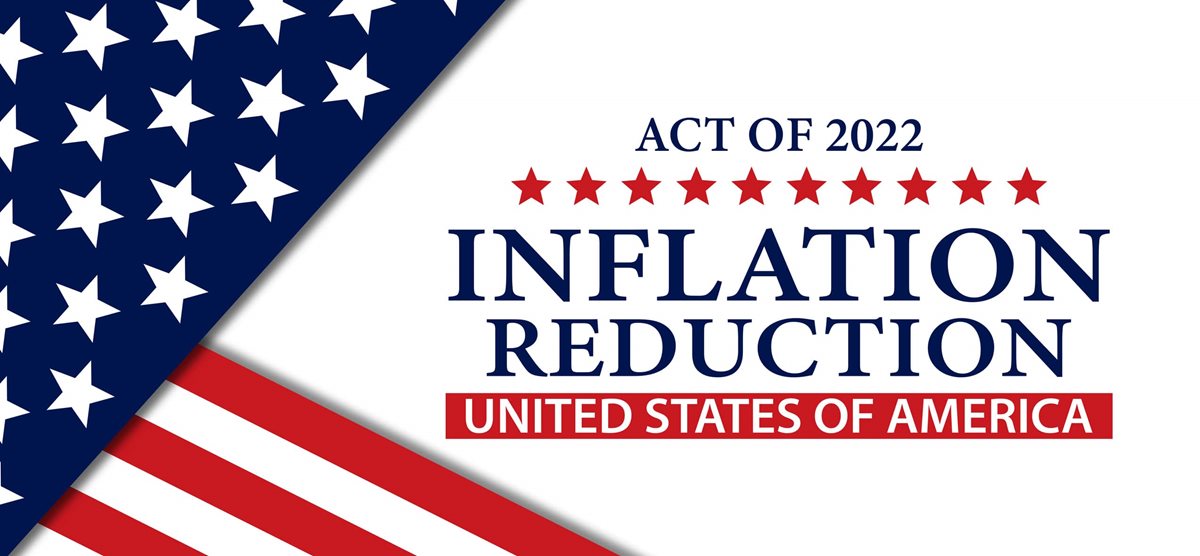Important Health Measures in the Inflation Reduction Act

President Biden signed the Inflation Reduction Act (IRA) into law on August 16, 2022. The health, climate, energy, and tax legislation will have varying impacts on Americans’ lives, although some provisions of the law will not go into effect for years.
Here’s an overview of health care-related measures that could affect your clients.
Prescription Drug Costs
According to a recent Kaiser Family Foundation (KFF) webinar, about half of Americans regularly take prescription drugs. The Centers for Disease Control and Prevention (CDC) reported similar numbers in 2015-2016, with nearly 46% of the U.S. population using prescription drugs in the prior 30 days. The U.S. spends the most per capita on prescription drugs, and according to a report by the U.S. House Ways and Means Committee Staff from 2019, Americans pay nearly four times more for drugs than residents of other countries. For those enrolled in Medicare, the IRA aims to change that.
One section of the IRA will cap the price of insulin for seniors at $35 a month. Since 2000, through 2018, insulin prices have risen more than four times faster than the rate of inflation. During the COVID-19 pandemic, prices flattened. While a few states currently impose a cap of some kind, California does not, so the provision in the IRA will help many Californians. More than one-fifth of the state’s residents with diabetes are 65 or older, according to the Let’s Get Healthy California website.
While some adult vaccines currently require a copayment in Medicare, making vaccines available to seniors at no cost would mean savings for about half-a-million Californians, according to KFF. That change is effective next year.
Another change, which comes in 2024, is a 6% limit on the increase to Medicare Part D premiums. The IRA also repeals a rule adopted during the Trump era that was expected to raise premiums because of a change in how drug discounts are negotiated with insurers.
In addition, the IRA puts a $2,000 annual limit on out-of-pocket costs for seniors enrolled in Medicare Part D, the federal drug coverage program. KFF says this new limit will benefit more than 100,000 Californians, based on Part D participants with high out-of-pocket costs in 2020. Nationwide, KFF says about 1.4 million seniors spent $2,000 or more on Rx in 2020.
Ahead of this change, effective in 2025, costs are capped at Medicare’s catastrophic drug coverage limit (currently $7,050) in 2024. Those with catastrophic coverage are charged either a copayment (often $10 or $20 per prescription) or a coinsurance percentage of 5% of the drug’s costs. For anyone needing expensive drugs for cancer, MS, or similar conditions, the future savings could be substantial.
Arguably, the most meaningful change coming with the IRA is the ability for Medicare to negotiate drug prices starting in 2026. It will affect 10 drugs on which Medicare spent the most money during the prior year. An additional 15 drugs will be added in 2027. By 2029, the list expands to an additional 20 drugs. Drug makers that refuse to negotiate could face a tax penalty, which could be lifted if a drug is subsequently withdrawn from the Medicare program. The Congressional Budget Office says the savings over a decade could be more than $100 billion. The IRA also mandates rebates from drug makers starting in 2023 if they raise prices faster than the rate of inflation.
HDHP Safe Harbor
If your client has a High Deductible Health Plan (HDHP), you’ll want to share news about a new safe harbor for them under the IRA. Typically HDHP participants lose their eligibility to contribute toward a Health Savings Account (HSA) if expenses (other than those for preventive care) are reimbursed before they meet their deductible. However, the IRA amends IRS provisions for plan years beginning after December 31, 2022.
In the future, HDHP participants will not lose HSA eligibility if their plan does not apply a deductible for selected insulin products. The term “selected insulin products” means “any dosage form (such as vial, pump, or inhaler dosage forms) of any different type (such as rapid-acting, short-acting, intermediate-acting, long-acting, ultra-long-acting, and premixed) of insulin.”
Extension of ACA Plan Subsidies
The IRA provides billions in additional funding through 2025 for Affordable Care Act (ACA) exchange premium subsidies. Those subsidies are available to Americans who get their Individual & Family Plan (IFP) health insurance through the country’s Affordable Care Act (ACA) exchanges. That includes Covered California and Nevada Health Link.
There’s More, Too
For information on the climate, energy, tax, and other provisions of the Inflation Reduction Act, visit the John & Rusty Report for links to numerous articles published leading up to and following passage of the Inflation Reduction Act.
Stay up to date on the latest ACA and other health insurance news by visiting Word & Brown’s Newsroom.

